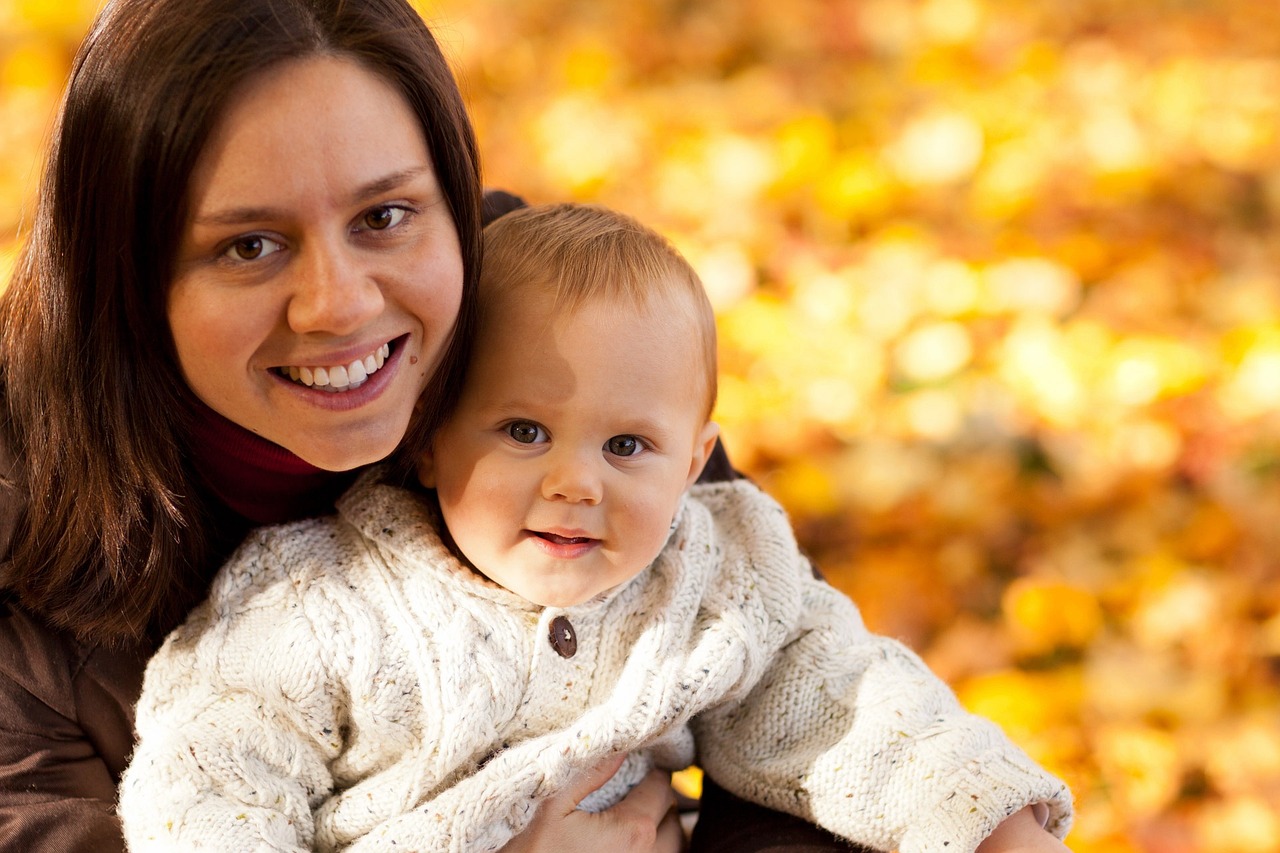
Parents are the most important part of children’s early lives and parents and family members form the basis for a child’s understandings and interactions. Parents share knowledge with their children through engagement in everyday activities, as well as in play, and they continue to support their children’s learning once they enter institutional settings, such as nurseries or child care. Once children enter institutional childcare or educational environments, the scope of their experiences and relationships with other people widens. However, partnerships bear limitations, due to the possibility that one partner may hold more power than the other in the relationship.
The Importance of Parent-Practitioner Partnerships
Parent-practitioner partnership should be a priority in terms of government policy, reflecting the research indicating its value. It is framed by formal expectations, from the Statutory Framework of the Early Years Foundation Stage (DfE, 2014), to Early Years Teacher Standards (NCTL, 2013) and the Ofsted framework. In a recent White Paper Educational Excellence Everywhere it was stated that “…we must do more to ensure all parents have a more significant voice in schools” (DfE, 2016, p. 17). What this means for settings is that there is a statutory obligation for a ‘partnership with parents’ (DfE, 2014) policy to be in place. However, partnership with parents is not only important because of regulation and requirements, but also because it offers opportunities to support children and avoid potential lifetimes of disadvantage through a timely intervention during childhood. The development of positive relationships between parents and practitioners can lead to wider opportunities to signpost and support families whose children have conditions potentially leading to long term disadvantage. Parent-practitioner partnerships are also recognised as having a significant impact on children’s development, both during and before school age. Existing research recognises the critical role played by parents in terms of the development of children. Studies over the past two decades have provided detailed information about the areas where this development is particularly clear. For example, the Effective Provision of Pre-school Education (EPPE) findings highlighted the impact of parent-practitioner partnerships on social/behavioural and cognitive development. For all children, the quality of the home learning environment is more important for intellectual and social development than parental occupation, education or income. What parents do is more important than who parents are. For example, reading with the child, teaching songs and nursery rhymes, painting and drawing, playing with letters and numbers, visiting the library, teaching the alphabet and numbers, taking children on visits and creating regular opportunities for them to play with their friends at home, were all associated with higher intellectual and social/behavioural scores (Sylva et al., 2004).
Supporting the Development of Parent-Practitioner Partnerships
In our research, we aimed to develop a partnership model that will promote the development of strong parent-practitioner partnerships in the early years. To do this we developed, delivered and evaluated four partnership sessions specifically designed for early years practitioners and parents. The sessions were organised to encourage the exchange of ideas, using a range of strategies to ensure that participants felt welcome and psychologically safe, in an inclusive environment that promoted respect and meaningful communication. Froebelian principles informed the development of these sessions. This included the recognition of the uniqueness of each child’s capacity and potential, a holistic view of each child’s development, a recognition of the integrity of childhood in its own right and a recognition of the child as part of the community (Weston, 2002).
All sessions were delivered at the University of Reading, which offered a neutral ground for participants, rather than at the nursery settings (which might have been ‘home territory’ for the practitioners). Each session consisted of discussion and activities in relation to specific topics. Food, drinks as well as childcare were provided, which enabled a larger number of participants to attend. The sessions provide a partnership model which emphasises the importance of two-way dialogue as well as the importance of providing time and space for parents and practitioners to share and develop relationships of trust and respect. The aim was to encourage more early years settings to adopt active policies that will promote thriving parent-practitioner partnerships. Settings that have done this successfully in the past are those consistently reinforce the fact that “parents matter”. Such settings develop a two-way partnership with parents based on mutual trust, respect and a commitment to improving learning outcomes (Harris & Goodall, 2007). Our research shows that effective and meaningful collaboration and parental involvement are an essential part of parent-practitioner partnerships, and meaningful parent-practitioner partnerships require mutual respect and recognition of the contribution each key agent makes towards children’s development (Kambouri-Danos, Liu, Pieridou & Quinn, 2017).
Policy implications
Parents and practitioners need opportunities to feel comfortable and confident in working in partnership. Our research showed that there can be tensions, and these can be eased through common activities. Government support, as well as support from local authorities and other professional bodies, for Continuous Professional Development (CPD), such as the sessions we provided as part of our research can create this space, and it can have a low cost if organised through funding to community leaders with consultants from Higher Education. One of the strains on practitioners that was identified in our research is feeling like they are judged by parents, and not knowing ‘what to say’ when an issue arises. Making the time to talk as part of the nursery experience is then essential. This can be helped by continuing to support the Key Person approach as part of the EYFS.
Our study looked at bringing parents and practitioners together in a way that helped them to all focus on the interests, needs, and strengths of children. This is something that continues to need support and exposure in government policymaking, curriculum development and other policy types. It is not a new idea – it comes from respected pioneers such as Froebel and from Froebel’s legacy, but it is an idea that continues to have currency. Working with parents and caregivers to increase their engagement with their children’s education is important so they can encourage the ambitions and skills that young people need to aspire to, and become, socially mobile.
Department for Education (DfE). (2016). Educational excellence everywhere. London: DfE. https://www.gov.uk/government/uploads/system/ uploads/attachment_data/file/508447/Educational _Excellence_Everywhere.pdf
National Council for Teaching and Leadership (NCTL). (2013). Teachers’ standards (Early Years) from September 2013. London: NCTL.
Harris, A., & Goodall, J. (2007). Engaging parents in raising achievement do parents know they matter? Research Brief DCSF RBW-004.
Kambouri-Danos, M., Liu, J., Pieridou, M. & Quinn, S.F (2017). Exploring the partnerships between parents and practitioners in the early years. Early Years Educator, 19(10). https://doi.org/10.12968/eyed.2018.19.10.26
Sylva, K., Melhuish, E., Sammons, P., Siraj-Blatchford, I, & Taggart, B. (2004). The effective provision of pre-school education (EPPE) Project Final Report. A longitudinal evaluation (1997-2004). London: DfES.
Weston, P. (2002). The Froebel Educational Institute: the Origins and History of the College. University of Surrey Roehampton
Wilson, T. (2016). Working with Parents, carers and families in the early years. David Fulton, Abingdon. ISBN 9780415728713

